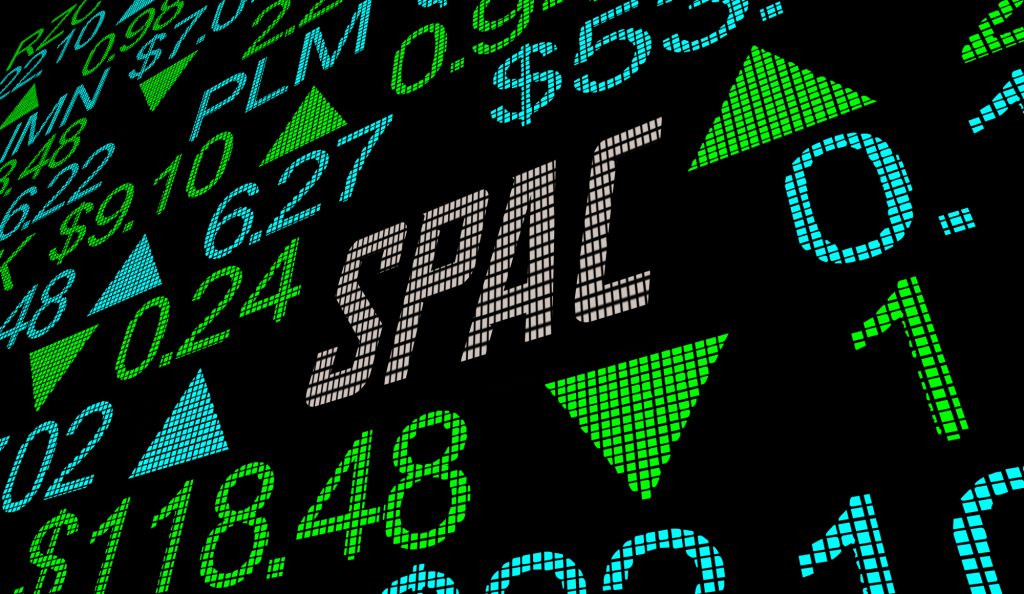Bill Ackman’s SPAC deal is rewriting the rules for SPACs

Author: Jeffrey Taylor
Last Updated: 14 June 2021
Bill Ackman, founder and CEO of Pershing Square Capital Management has made a move that could change how SPACs operate. This has been dubbed SPAC 2.0 by some. Ackman’s newly established SPAC, Pershing Square Tontine Holdings (PSTH), based in New York, was incorporated in 2020 with a current market value of $4.57 billion.
Ackman is in discussions with Vivendi S.E, the majority owner of Universal Music Group (UMG), to acquire 10% of the outstanding ordinary shares of the music group which is the largest owner of musical intellectual property worldwide in an industry that has recorded 25% average annual growth. PSTH raised $4 billion the previous year solely for this acquisition.
Going out of the ‘usual’, the company eliminated the “free shares incentive” for founders, a norm that had given SPACs a bad rep in some corners. However, it continues in its trailblazing path with a proposed deal with UMG. The terms of this deal have made headlines for deviating from the “SPAC norms.”

The PSTH and UMG deal
The proposed deal offers $4 billion for 10% shares that would be redistributed to investors in PSTH when UMG lists on Euronext Amsterdam in the third quarter of 2021. PSTH will secure the distribution through registration with the Securities and Exchange Commission.
Each UMG share will be listed at $14.75 per PSTH share leaving the SPAC with $5.25 cash on every share as investors’ warrant.
In addition to the purchase, PSTH will offer two other securities to its stakeholders.
The main company will continue to hunt for new targets as a smaller blank-cheque company. Then, PSTH will carry on as a cash shell company with access to up to $2.9bn through a funding agreement made with Ackman’s hedge fund. Although this time the two-year time limit for a SPAC to find an acquisition will not apply.
Another operation will be established to give current investors an option to finance a future transaction, but without having to provide the cash in advance as is done in a traditional SPAC. The new operation has been called a Special Purpose Acquisition Rights Company (SPARC). Unlike a SPAC this new operation will not raise money before finding a target.
The stakeholders will have the option but not an obligation to participate in the next deal. If they decide to participate, they will pay $20 a share.
The second security is a transferable five-year right per share of Pershing Square SPARC Holdings which will trade on the New York Stock Exchange. PSTH shareholders can only exercise the right after SPARC enters into a definitive agreement for its initial business combination.
If all SPARs get exercised, SPARC will have raised $5.6 billion of cash from its stakeholders. The big structural innovation is that SPARC will enter into forwarding purchase agreements with Pershing Square for a minimum investment of $1 billion, and up to $5 billion.
It essentially creates $6.6 billion to $10.6 billion SPAC that has five years to find a deal in which the SPAC stakeholders do not have to pony up any capital until a deal is announced.
Now, investors will have two more opportunities to participate in deals led by Ackman, and both deals will be free of the usual constraints of SPACs.
Public response to the changes
After initial announcements of this deal, September last year, PSTH shares dropped in value but have bounced back to an extent by Monday, last week.
According to Shivaram Rajgopal, a professor at Columbia Business School, there are positive aspects to the complicated deal. He says “The SPARC structure goes a step further than the SPAC and gives better options to the capital providers.”
In conclusion, Ackman’s transaction will give PSTH investors interest in a soon-to-be public company, “UMG”, while providing an opportunity for a second acquisition that could be announced soon after. The investors are also eligible to participate in a third acquisition anytime within the next five years.
BWCEvent aspires to share balanced and credible details on cryptocurrency, finance, trading, and stocks. Yet, we refrain from giving financial suggestions, urging users to engage in personal research and meticulous verification.


